Mini announces massive change as it goes all-electric by 2030s
The British car maker is set to embrace a new world order as it starts the biggest overhaul in its more than 60 years of existence.
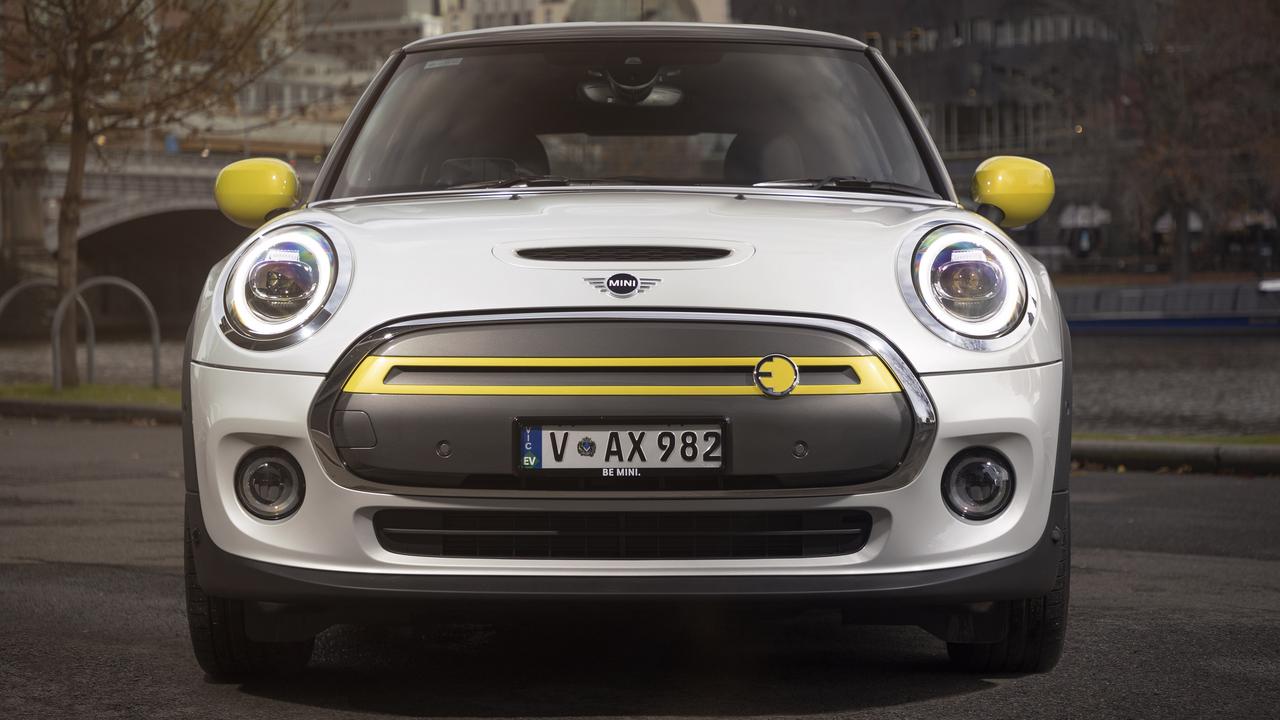
BMW-owned Mini will launch its last model with an internal-combustion engine in 2025 and “by the early 2030s” it will be an EV-only brand. This news came during the BMW Group annual conference to announce its financial results for the past year and plans for the future.
Executives wouldn’t say exactly when the BMW brand itself plans to stop building internal-combustion engines, but it is upping the pace of EV introductions.
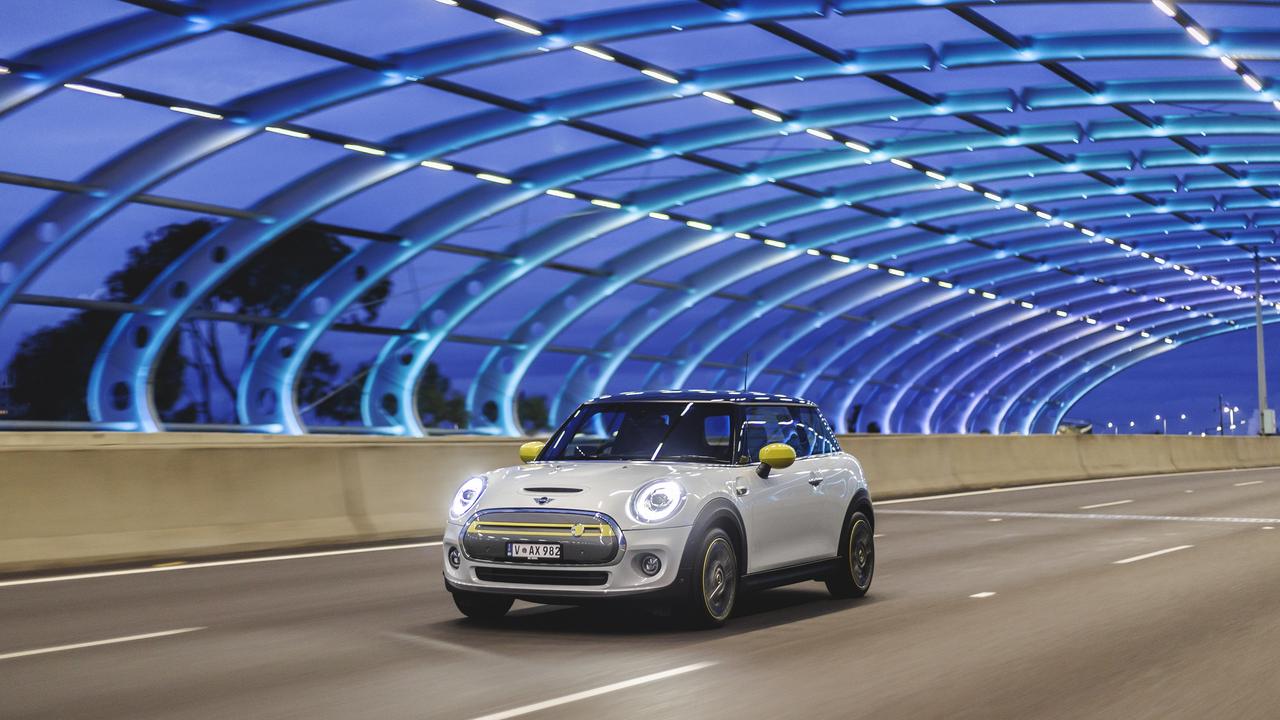
The i4 EV will arrive three months earlier than originally planned, says BMW chairman Oliver Zipse. Production will start in Germany around October this year. The sleek and speedy battery-powered four-door coupe, revealed in final production form for the first time at the annual conference, will head to Australia some months later.
Several versions of the i4 will be built, including an M Performance model. Maximum power of the quickest will be a whopping 390kW, while the maximum range variant will be able to drive almost 600km between recharges.
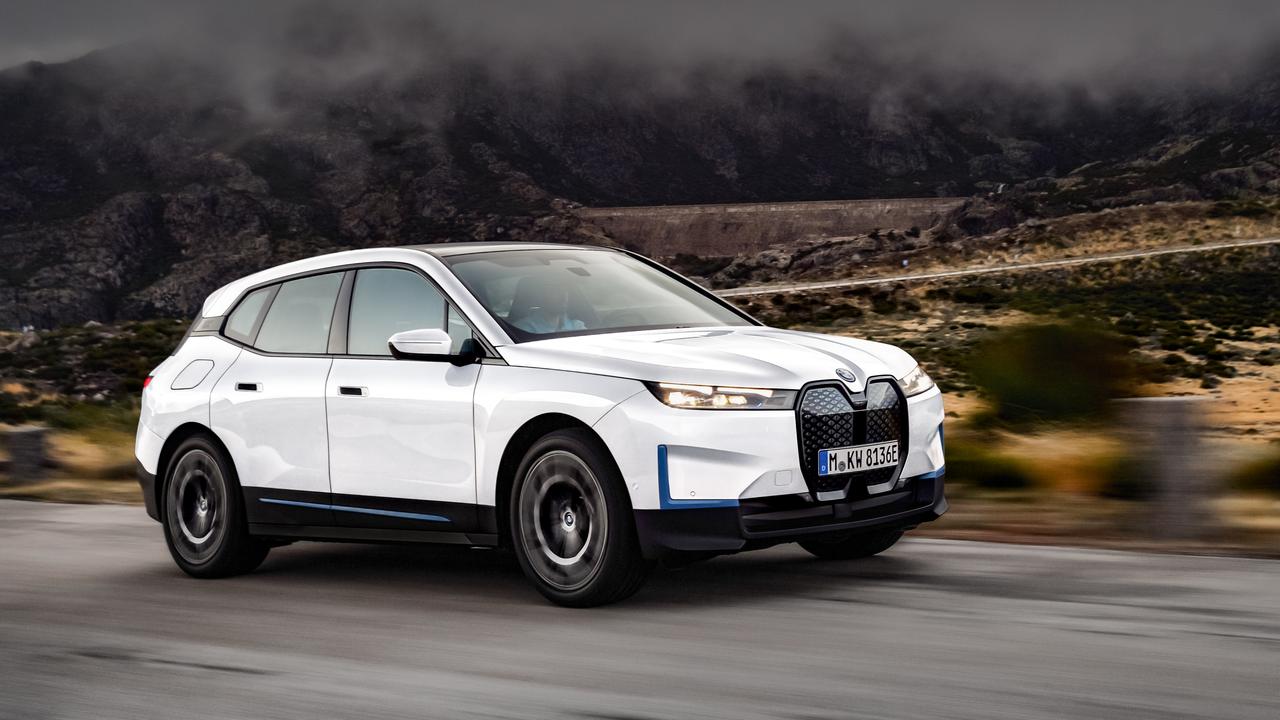
It will join the two new EVs BMW will launch in Australia through 2021. The iX3 and iX are both SUVs. The first is an electric version of the X3, while the iX is a purpose-designed EV similar in size to the X5.
Globally, BMW aims to double its sales of EVs in 2021. And by 2023 there will be 13 pure electric models in the line-up, covering every class from compact to large. There will be an EV from Rolls-Royce, the other Brit brand owned by the BMW Group.
BMW has also started work on an advanced family of EVs that will begin arriving in 2025. These will feature new-generation battery pack and electric motor technologies, and designed to be both made from mostly recycled materials and be highly recyclable.
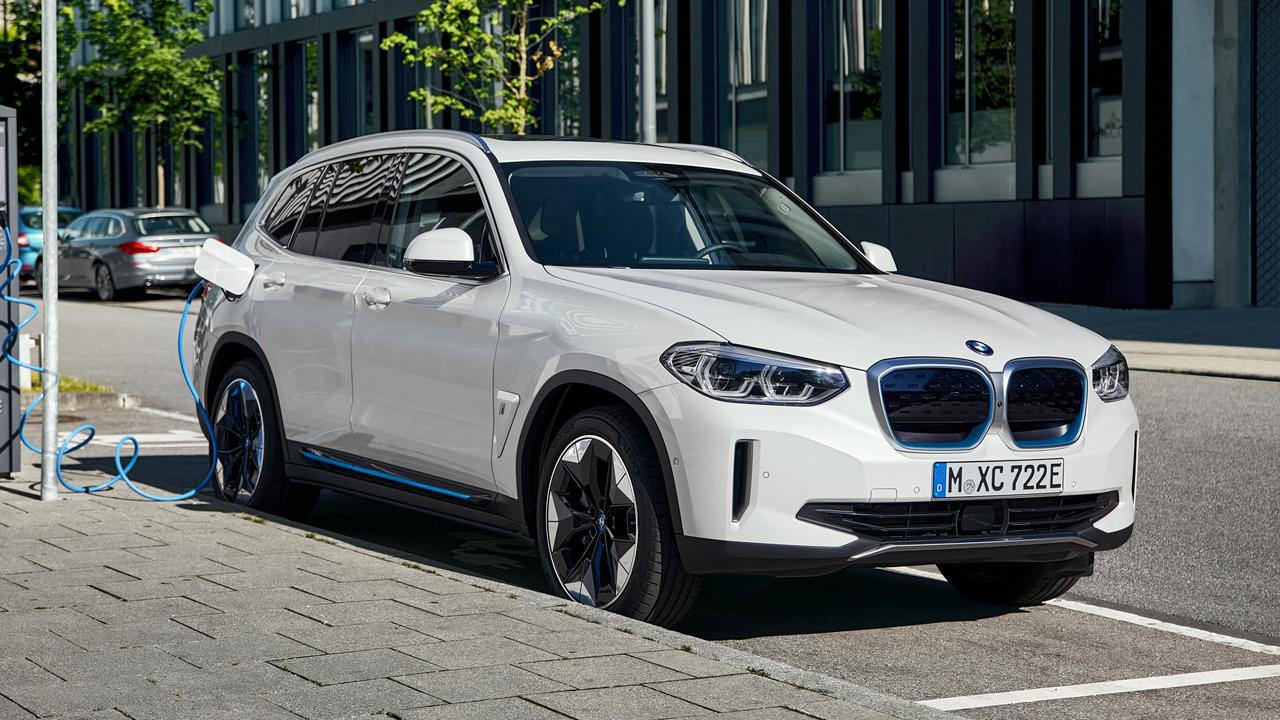
This so-called neue klasse – new class – EV design will serve as the basis for future BMWs until around 2050. Executives expect EVs to account for 50 per cent of BMW Group sales globally by 2030.
In the meantime, BMW will continue to work on internal-combustion engines. “The combustion engine will also have a future,” promises chairman Zipse. “Full electrification won’t happen overnight.”
It’s clear, the executive explains, that not all markets around the world will move from ICE to EV at the same pace.
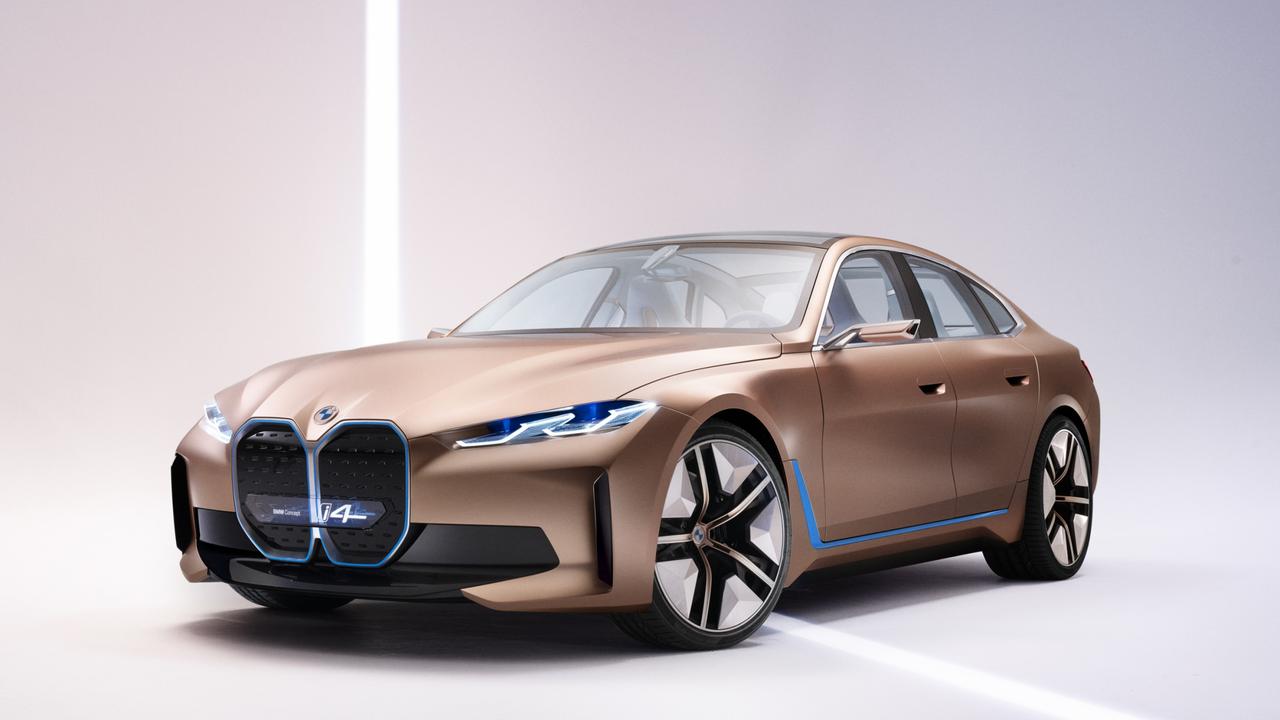
BMW thinks plug-in hybrid vehicles – PHEVs – will remain an important part of the mix through the coming decade, and these require fuel-burning engines.
Government regulation, charging infrastructure and customer preference are the factors that will, eventually, bring the ICE-age to an end, says BMW development chief Frank Weber.
Some parts of the world already have plans for the transition, he says. “Europe has a very clear framework. The same goes for China.”
The United States is a bit more difficult to predict, but he expects more clarity from the new Biden administration. “It’s the market that will be ambivalent for the longest period of time.”
While there’s demand for ICE-powered vehicles, BMW will supply it. “Big vehicles and big combustion engines will be around for some time to come,” Weber predicts.
And when the end does come, it won’t be BMW’s decision, the executive adds.
“It’s not us who decides on the end of the ICE, but the markets.”



